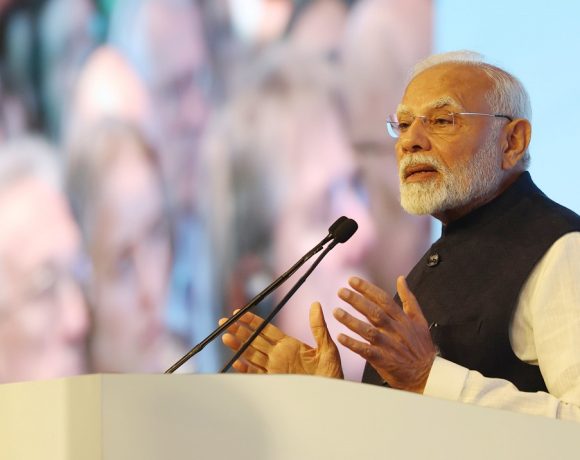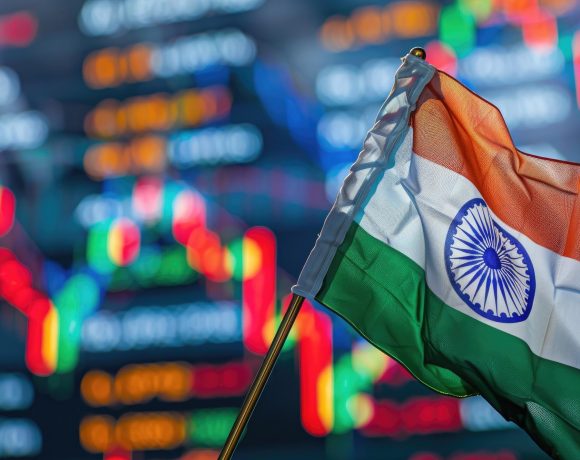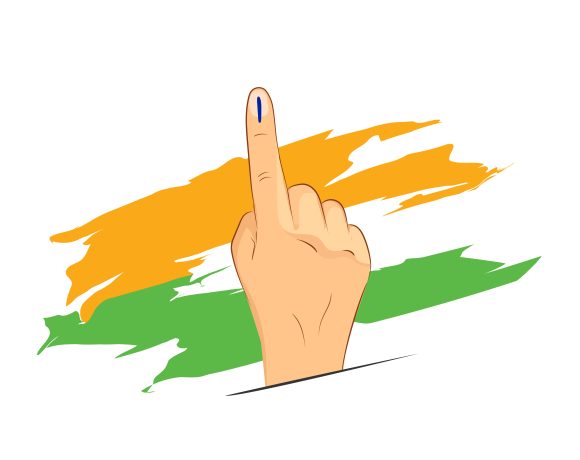
Goyal: National Interest Will Decide U.S. Trade Deal
India has made it clear that it will not allow external deadlines to dictate the course of its trade negotiations with the United States. Commerce Minister Piyush Goyal has reaffirmed that any deal must serve the nation’s core interests, especially protecting farmers, maintaining tariff advantages, and ensuring long-term economic gains, regardless of the July 9 timeline being pushed by Washington.
India Puts Sovereignty First in U.S. Trade Talks
Goyal stated that India will “only agree to a trade deal with the U.S. if its interests are protected and it can sustain a tariff advantage.” He emphasized that India has never pursued agreements based on artificial timelines. “India never makes a trade deal based on a deadline. When the deal is good, fully matured, and in the national interest, then we accept it,” he said.
The minister was categorical that India will not compromise on core sectors such as agriculture and dairy, both of which have remained off-limits in past Free Trade Agreements as well. This line has been held consistently across multiple negotiations, including with the EU and other partners.
Focus on Labour-Intensive Sectors, Not Concessions
While rejecting U.S. pressure on dairy and grain access, India has shown openness to exploring tariff reductions in sectors like leather, textiles, footwear, and possibly automobile components. These labour-intensive industries are seen as having the potential to gain from increased U.S. market access. In exchange, Washington is seeking easier access for goods like automobiles, whiskey, and agricultural produce.
Negotiations are currently focused on a limited “early harvest” goods deal, which could ease trade barriers on specific products such as almonds, pistachios, and apples. However, any significant agreement will depend on reciprocity, not rushed timelines.
Parallel WTO Retaliation and Wider Trade Agenda
As a parallel move, India has notified the World Trade Organization of its plan to impose retaliatory duties on U.S. goods in response to the 25% safeguard tariff imposed by Washington on automobile and parts imports. India estimates a $725 million revenue hit from these U.S. duties, impacting roughly $2.9 billion in Indian exports.
Despite this friction, India continues to pursue Free Trade Agreements with several other countries including the European Union, New Zealand, Oman, Chile, and Peru. Goyal confirmed that ongoing talks are being guided by inputs from Indian industries to ensure any commitments align with long-term domestic interests.
No Deal for the Sake of a Deadline
As the July 9 deadline approaches—a date by which the U.S. has hinted it may impose broader tariffs on Indian imports if talks fail—Goyal remained firm that national interest will remain the final arbiter. “We are not going to sign on the dotted line just to meet an artificial date,” he said.
While talks are continuing virtually between the two sides, India’s position remains non-negotiable on key agricultural concerns. The government is prepared to wait for a deal that is comprehensive, sustainable, and rooted in India’s strategic and economic priorities.


















